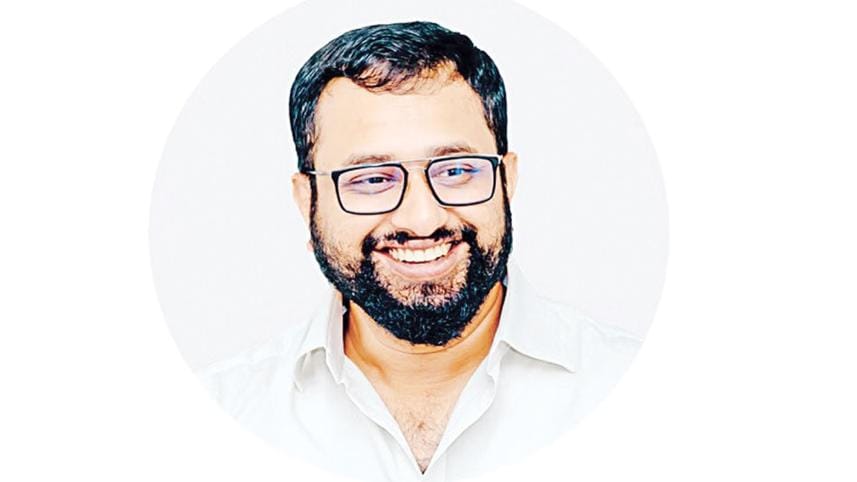Building trust with blockchain

Blockchain. Some hear the word and think of Silicon Valley hype. But if we look past the buzz, we find something else, something that is not just about money or technology. At its core, blockchain is about trust. And in a country like ours, where trust in systems and data is often fragile, that matters.
Most people first came across blockchain through Bitcoin, its earliest and best-known use. But like the internet in its early days, blockchain is now spreading across many sectors. In today's world, simply having digital data is not enough. We need systems that are transparent, secure and verifiable. That is where blockchain comes in.
Think of it as a digital notebook shared by thousands of users. Everyone has a complete copy, and before a new entry is added, whether a transaction or a record, it is verified by the group. Once added, it cannot be changed.
Each block contains data, a timestamp and a unique fingerprint. These blocks link together to form a chain. If anyone tries to tamper with a block, the system detects it and rejects the change. Because everything runs on a decentralised network, no single authority controls the data. That is what makes blockchain so trustworthy.
So, what does this mean for Bangladesh?
Although we are trying to digitise records, we face challenges in many areas.
Take land records. The system is messy. People lose documents, plots are sold multiple times, and paper trails vanish. If land ownership were recorded on blockchain, the records would be permanent and transparent. That alone could prevent thousands of disputes.
Remittances are another area. Every year, migrant workers send money home. A portion is lost to delays, bank fees and middlemen. Blockchain-based transfers could make this faster, cheaper and more direct.
Even in exports, international buyers increasingly want to know where their products come from and whether they are ethically sourced. Blockchain can track every step of the supply chain, including export documents.
In welfare programmes, blockchain could ensure that every taka disbursed is visible and verifiable. No fake names, no missing money. Or consider academic certificates. Employers, both local and abroad, could check them instantly online without contacting the issuing institution.
Of course, blockchain is not a magic wand. Some systems, such as Bitcoin, consume huge amounts of electricity, which is not ideal in a country where power supply remains an issue. And not every problem needs blockchain. Sometimes, a standard database is enough. It should be avoided where speed, simplicity, deletable data, low cost or strict privacy are essential.
So where should we begin?
We do not need to scale nationwide straight away. Let us start small. A land registry project could be piloted in one district. Blockchain-based certificates could be tested at one university. Local developers could build the tools. Mistakes may happen, improvements can follow, and growth will come step by step. But there has to be a plan, a policy in place.
Real progress rarely begins with fanfare. Sometimes it starts with something simple: a clean, unchangeable record. A system that keeps its promise, one block at a time.
And in that quiet consistency, maybe we finally find something we have long been seeking. Trust.
The writer is co-founder and CEO at Accfintax.
 For all latest news, follow The Daily Star's Google News channel.
For all latest news, follow The Daily Star's Google News channel.
Comments